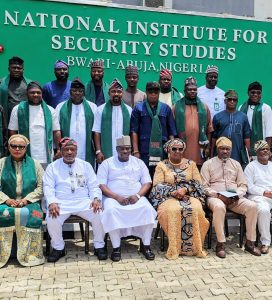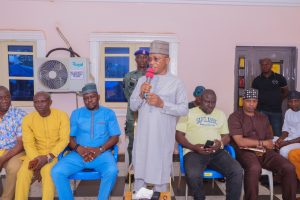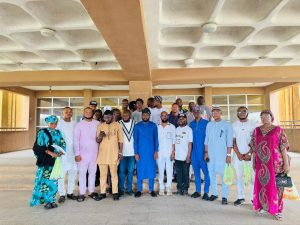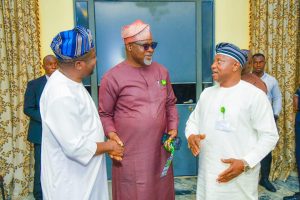Stakeholders analyse Kogi 2017 sectoral budgets
CIVIL Society Organisations (CSOs) in Kogi State have analysed the state’s 2017 budgets for the agricultural, education and heath sectors, with a verdict that the state government should strive at upward reviews for subsequent ones to meet internationally approved benchmarks.
That was the submission at Citizens’ Dialogue Workshop on the approved budgets, at the instance of Participation Initiative for Behavioural Change in Development (PIBCID), in partnership with ActionAid Nigeria.
In her address of welcome, the PIBCID Director, Gift Owonipa, said the dialogue was “part of our objective on strengthening people’s action to hold government and corporate institutions accountable and enhance people’s access to quality services”.
Her breakdown of the budgets showed that out of the total N174,851,544,523 2017 state budget, there was an increase in the agric sector from 2.7% in 2016 to 4.53%, amounting to N7,914,286,726.
While education budget rose to 13.76% (N24,058,149,936) in 2017 as against 7.7% in 2016, she observed that “sadly, allocation to the health sector reduced from 7.65% in 2016 to 6.6% (N6,518,148,037) in 2017”.
Owonipa contended that the budgets had fallen short of the Maputo Declaration of 10% benchmark of total budget for agric, 15% of total budget for health in tandem with the African Union Abuja Declaration of 2001, and the United Nations Educational Scientific and Cultural Organisation’s benchmark of 26% of overall budget for the education sector.
She was of the view that “as citizens of Kogi State, we have also realised that we have a huge role to play in the implementation of the approved budget especially now that Nigeria is witnessing dwindling oil prices and there is the urgent need to diversify our revenue source in the state”.
Responding, Coordinating Director, Finance and Account of Kogi State Internal Revenue Service (KSIRS), Olubunmi Ajayi, asserted that “revenue earnings in budgets are mere rhetoric” as Ministries, Departments and Agencies could not meet their revenue obligations because of huge leakages, negligence of duty and ignorance of tax laws.
He divulged that the Federal Government allows states to collect about 26 taxes, and that through the Treasury Single Account policy the state would be able to generate revenue for service delivery.
Ajayi, however, advised taxable corporate institutions and individuals not to pay tax to anybody along the road but to the KSIRS office.
The CSOs called on the state government to always complete all budgetary processes and submit its annual budgets to the State House of Assembly before the first week of every September.
They also suggested that budget approval should translate into budget monitoring and evaluation, that is, implementation.
Commenting, the Acting Permanent Secretary, Ministry of Budget and Planning, Mr A. F. Ejima, revealed that monitoring and evaluation framework had been given to the executive which submitted it to the judiciary for onward presentation to the House of Assembly for it to become law in the state.
Credit: The Graphic





